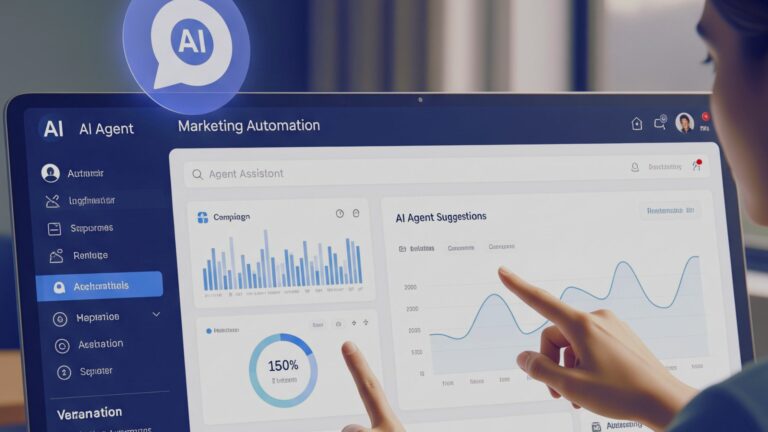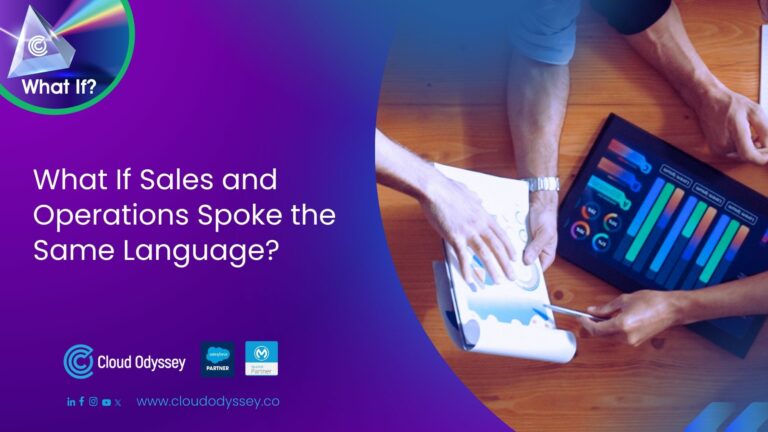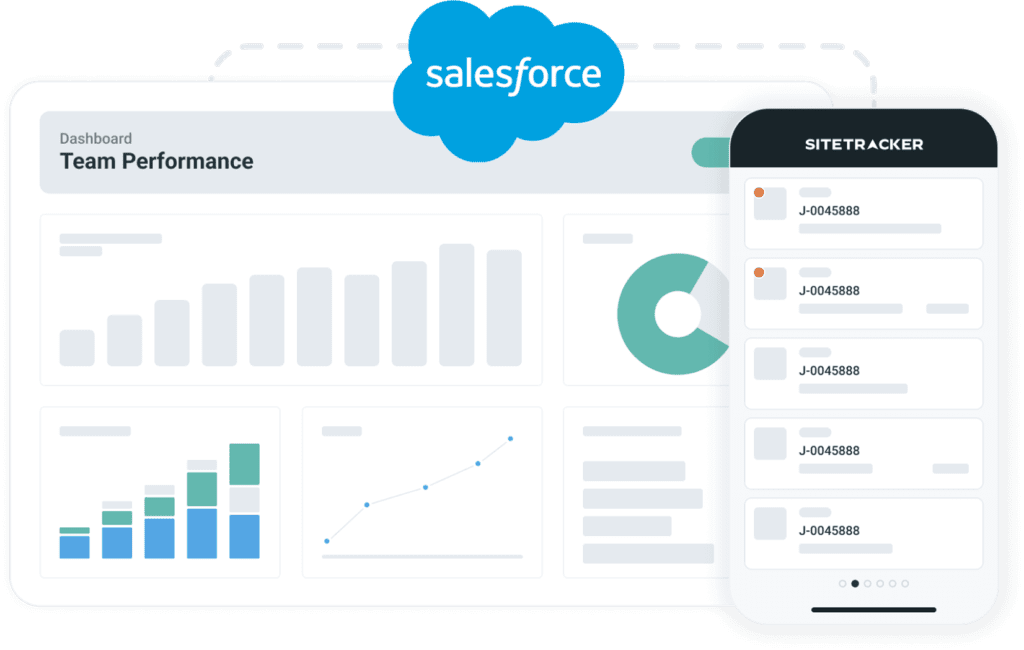In today’s competitive B2B landscape, a well-defined pricing strategy is crucial for maximizing revenue and profitability. B2B customers often require pricing models that reflect their unique needs and buying behavior. One-size-fits-all approaches simply won’t cut it. The good news? Salesforce B2B Commerce empowers businesses with the flexibility to implement complex pricing models, allowing you to tailor your pricing strategy for optimal results. Let’s explore how B2B Commerce supports diverse pricing structures and how you can leverage them to achieve your B2B commerce goals.
Understanding Complex B2B Pricing Models
B2B pricing goes beyond simple sticker prices. Here are some common complex pricing models supported by B2B Commerce:
- Tiered Pricing: Offer different price levels based on factors like order quantity, customer segment, or product category. This incentivizes larger purchases and rewards high-volume buyers.
- Volume Discounts: Provide discounts based on the total quantity purchased. This encourages bulk buying and increases average order value.
- Contract Pricing: Establish negotiated pricing based on specific agreements with individual customers. This caters to long-term partnerships and strategic accounts.
- Customer-Specific Pricing: Set unique prices for individual customers based on factors like purchase history, loyalty, or negotiation. This allows for personalized pricing strategies.
Benefits of Complex Pricing Models with B2B Commerce
By implementing complex pricing models through B2B Commerce, you unlock a multitude of benefits:
- Increased Revenue: Tailored pricing strategies can incentivize larger purchases and optimize profit margins.
- Enhanced Customer Satisfaction: Volume discounts or customer-specific pricing demonstrate value appreciation and foster loyalty.
- Improved Competitive Advantage: Flexible pricing allows you to compete effectively in a dynamic B2B marketplace.
- Streamlined Operations: B2B Commerce automates complex pricing calculations, ensuring accuracy and efficiency.
Examples of B2B Commerce Pricing in Action
Imagine a B2B electronics distributor. They can implement tiered pricing for their cables, offering lower prices per unit for larger quantities. This incentivizes businesses to stock up and reduces overall purchasing costs for high-volume buyers. Another example could be a B2B furniture supplier offering contract pricing to long-term clients. This establishes a stable pricing structure for ongoing business partnerships.
The Power of Flexibility in B2B Commerce
Salesforce B2B Commerce goes beyond simply managing products and orders. It empowers you to define and implement sophisticated pricing strategies that cater to the diverse needs of your B2B customer base. By leveraging complex pricing models, you can optimize revenue, enhance customer relationships, and achieve long-term success in the ever-evolving B2B commerce landscape.










